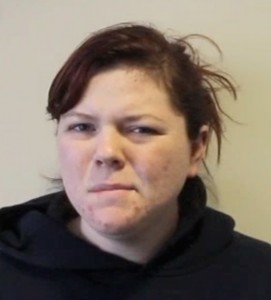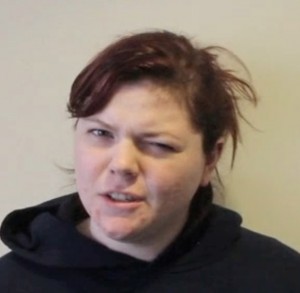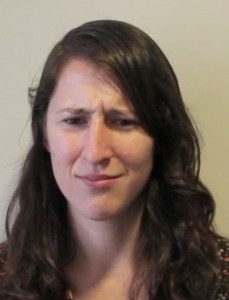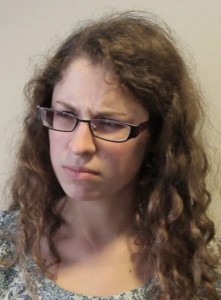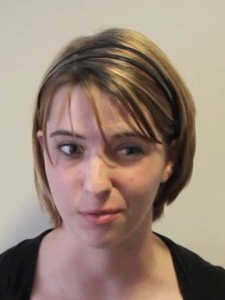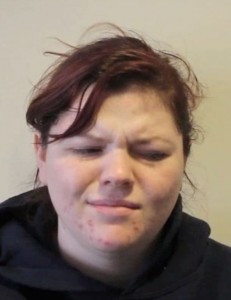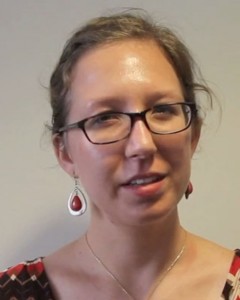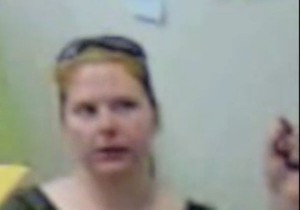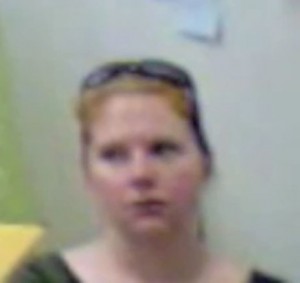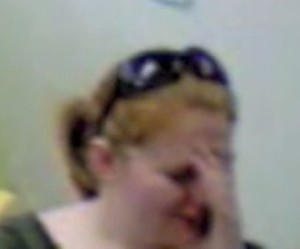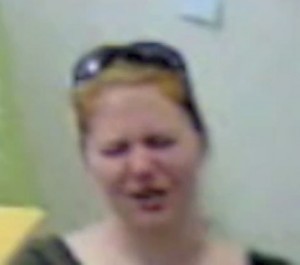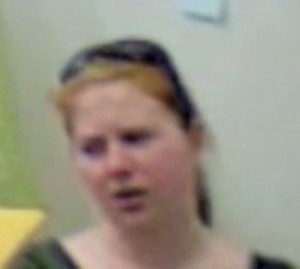Uncertainty and deep thought may sound like different things, but generally, if you’re not sure about something, you’re going to think hard about it; and you wouldn’t bother thinking hard about something if you were already sure of the answer. “Deep thought” may not seem like an emotion to you, but it is something that is reflected on the thinker’s face and could be mistaken for a different emotion. Of course, it may also co-occur with other feelings: one might feel sad or embarrassed or worried about being unsure!
Someone who is uncertain will often have quick involuntary sideways eye movements, pursed lips or tense mouth, and a slight frown or grimace (often asymmetrical, so one side of the mouth is pointing up and the other down, and one eye comes close to shutting). They may shake or tilt their head, furrow the brow, look down in concentration, touch their heads (e.g. rest chin in hand, stroke beard or cheek, touch fingertips to forehead, etc.), and/or shrug. They may put this into words: “Let me think,” “I’m not sure,” etc., or they may make more ambiguous vocalizations (“Hmmm,” “well….”), leaving both filled and unfilled pauses.
It is common for someone thinking hard to look down (or at least away from the person spoken to, as with the sideways eye movements described above) before they speak, but if you do this throughout your turn or right after you speak, this may be interpreted as shame and/or deception, that you don’t believe what you said. (Someone who is confident about speaking the truth will generally say it with a level gaze.)
Obviously, the question intonation makes the speaker sound uncertain about the statement, but that’s not our only indication that he feels this way. Notice the squint accompanied by the sideways glancing.
Here is a sequence of stills taken during a single turn-at-talk, during which the speaker was concentrating hard, trying to remember:
